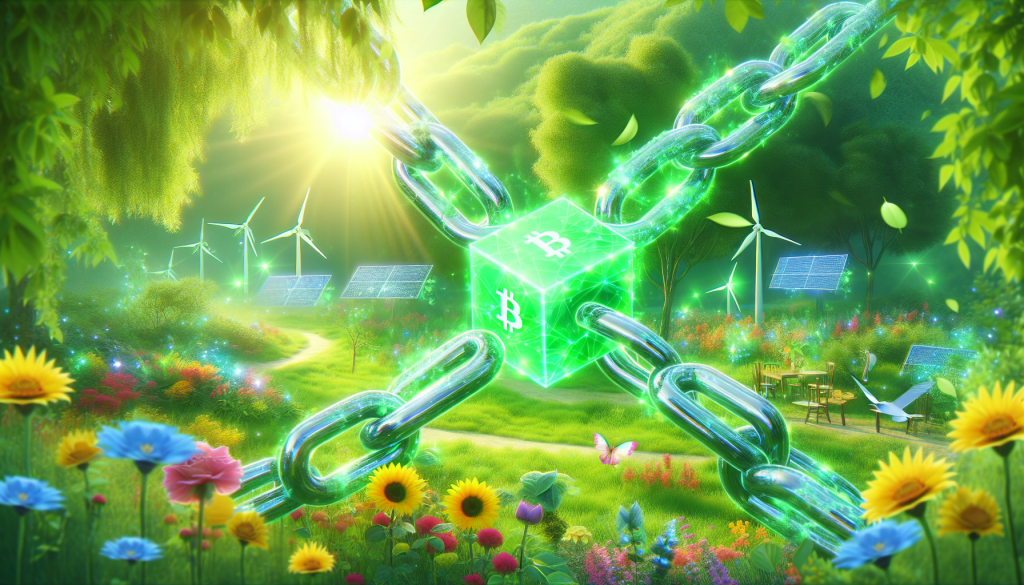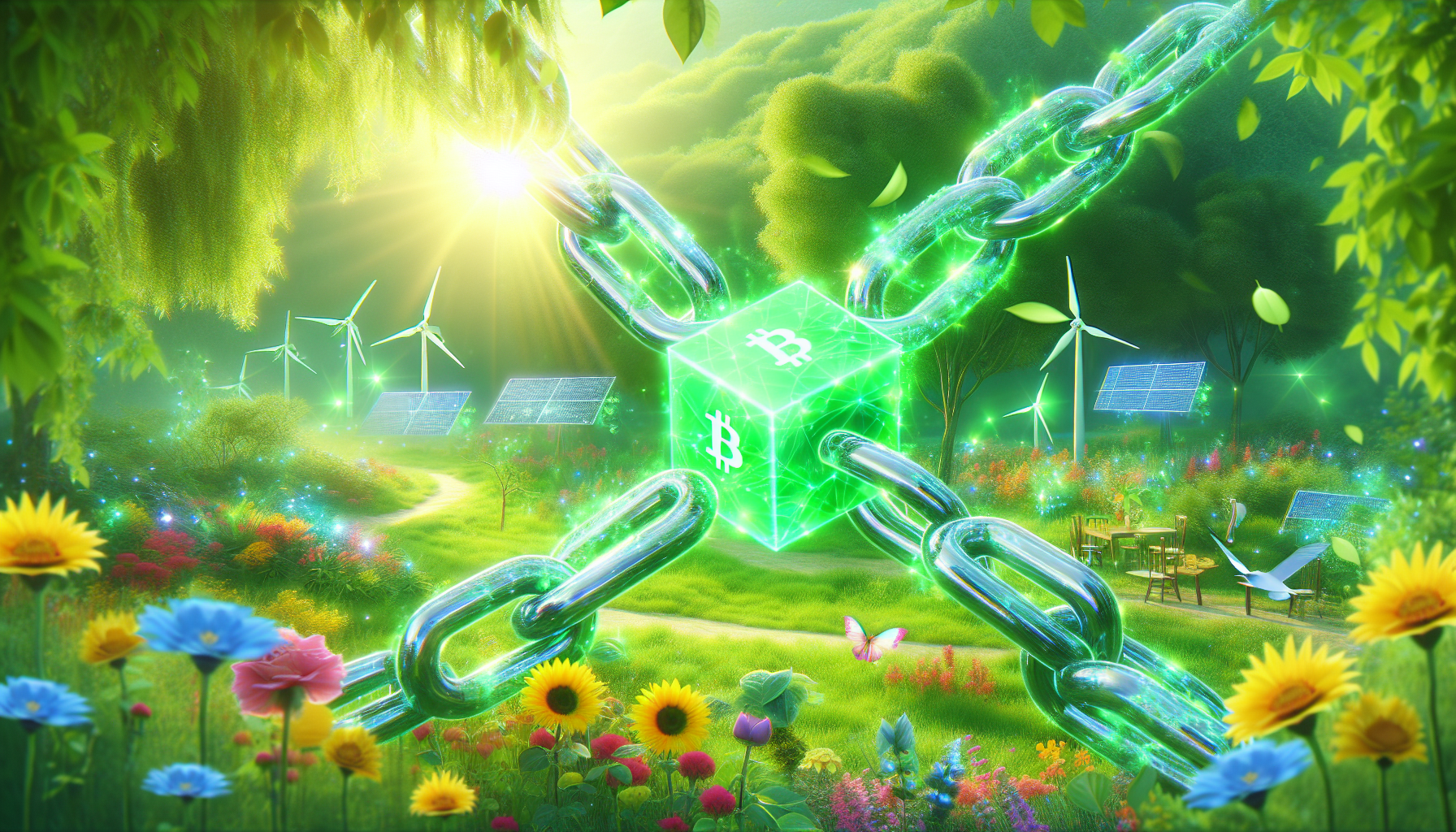/ Jan 22, 2026
Trending


The blockchain industry has reached a pivotal moment as it confronts environmental concerns head-on. Recent discussions have emphasized the role of green innovations and sustainability practices within blockchain. Industry leaders are increasingly responsive to the need for energy-efficient solutions that align with global sustainability goals. This article explores the advances and impacts of green blockchain initiatives in 2023, showcasing lesser-known networks alongside giants like Bitcoin and Ethereum.
One of blockchain’s most significant criticisms centers on its environmental impact. Traditional proof-of-work (PoW) algorithms, employed by networks such as Bitcoin, require massive amounts of energy, contributing to a large carbon footprint. In 2023, Calls for greener alternatives have turned into action, with emerging technologies offering promising solutions.
While Bitcoin remains entrenched in PoW, Ethereum’s transition to proof-of-stake (PoS) with Ethereum 2.0 is a landmark moment for green blockchain efforts. PoS significantly reduces energy consumption by replacing the energy-intensive mining process with a validation method based on blockchain ownership. However, Ethereum is not alone in this green transition.
Smaller blockchain networks are also pioneering eco-friendly practices, proving that sustainability can be a core principle rather than a belated afterthought.
– **Algorand:** Known for its fast and efficient PoS mechanism, Algorand operates as a carbon-negative blockchain, offsetting emissions through carbon credits and energy-efficient consensus protocols.
– **Tezos:** Tezos employs a liquid PoS system which scales effectively while maintaining low energy consumption, securing its position as an eco-conscious blockchain.
– **Hedera Hashgraph:** Utilizing an asynchronous Byzantine Fault Tolerance (aBFT) consensus algorithm, Hedera offers an energy-efficient alternative to traditional blockchain protocols.
The blockchain community increasingly recognizes the importance of carbon credits and environmental, social, and governance (ESG) reporting. By tokenizing carbon credits on blockchain, transactions become more transparent and verifiable, encouraging enterprises to account for sustainable practices. ESG reporting, powered by blockchain transparency, offers stakeholders a clear insight into an enterprise’s environmental impact.
Non-fungible tokens (NFTs) have also joined the green movement. Projects are now utilizing eco-friendly blockchain networks like Flow and Palm, specifically built to support NFT applications with a reduced carbon footprint. This shift is significant, as the growing popularity of NFTs highlights the potential environmental repercussions of digital art and collectibles.
While significant gains have been made, the path to a fully sustainable blockchain industry is laden with challenges. High transition costs and the need for widespread industry alignment are obstacles that must be addressed.
Nevertheless, the commitment to eco-friendly practices in blockchain signals a promising future. The continued development of energy-efficient consensus mechanisms, combined with community-driven initiatives, encourages further reduction in carbon emissions.
As green blockchain technologies advance, they enhance appeal to environmentally conscious investors and users. The shift towards sustainability not only aligns blockchain with current trends but also presents a competitive edge for networks prioritizing green technology.
The blockchain industry stands at the cusp of a green revolution. The shift from energy-intensive processes to sustainable practices illustrates an industry prepared to reinvent itself. By embracing proof-of-stake, investing in carbon credits, advancing green NFTs, and paving the road for ESG compliance, blockchain networks are setting the stage for a sustainable future.
Innovation within the blockchain industry, spearheaded by lesser-known networks, highlights a collective responsibility towards our planet’s well-being. Through these efforts, blockchain technology is not only poised to transform industries but also to do so responsibly and sustainably. As we move forward in 2023 and beyond, the focus on green blockchain provides a roadmap for balancing technological advancement with ecological stewardship.
Stay ahead with Blockchainooz! Get daily updates on industry insights, market trends, and innovative blockchain technology—all in one place. Perfect for enthusiasts and investors looking to make informed decisions in the ever-evolving world of blockchain and crypto.